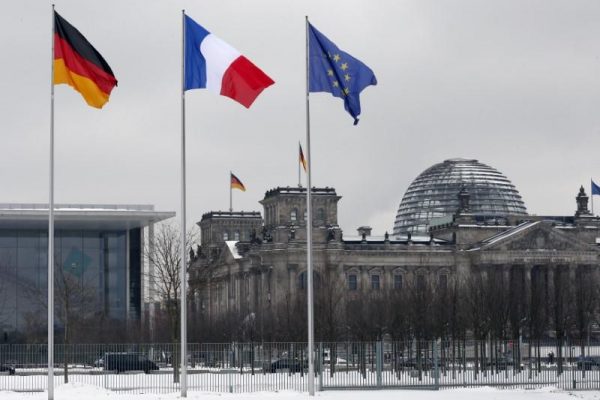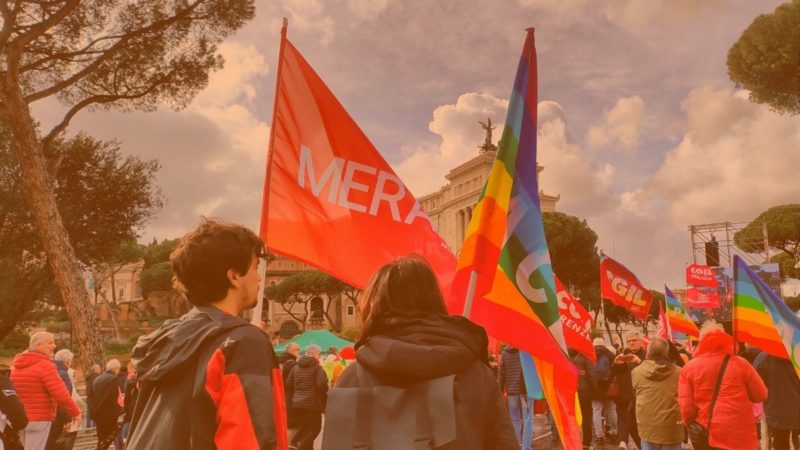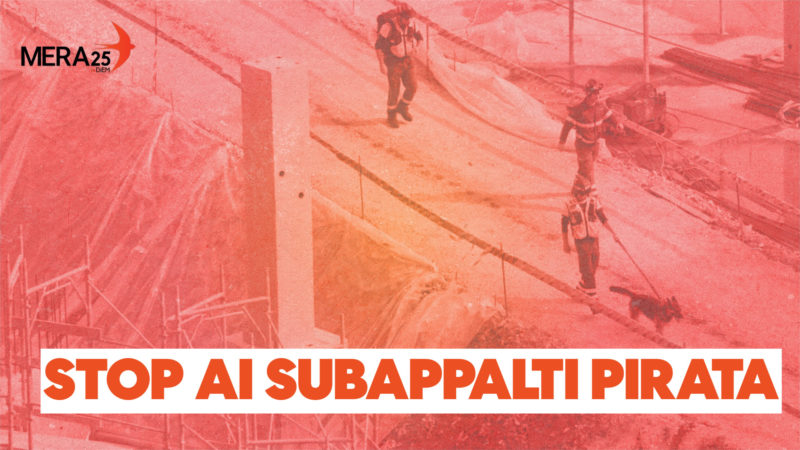Last month, French finance minister Bruno Le Maire announced that France and Germany want to make the eurozone shock-resistant and fit for long-term prosperity. Details should be rounded out by this spring. Officially the two countries wish to finalise the Banking Union, boost the integration of capital markets, and reach agreements on tax harmonisation. Less official, though, is the discussion of the broader integration of the eurozone. Italy and Spain have now joined the talks.
Recent attempts to rescue Italian and Spanish banks has revealed once more that the euro crisis could flare up at any moment. So far, the ECB has tried to ‘stabilise’ the monetary union with negative deposit interests and incredibly large monetary easing. But this won’t last, and it shouldn’t last – the strategy has recently come under fire even inside of the ECB. To stabilize the eurozone, Macron wants more risk-sharing: no banking union without a minimum of solidarity between euro zone states. On the short term he would like to see one common European budget of some hundreds of billions of euros per year and a European finance minister issuing common Euro debt bonds. Italy seems to be in favour. And Merkel has signalled that Macron’s plans can be discussed. Her new coalition considers an “investment budget” for the single currency bloc, a nod to Macron’s call for solidarity. Merkel’s plans for an investment budget include the current bailout mechanism (ESM) to be turned into a full-blown European Monetary Fund, under parliamentary control and anchored in EU law. Furthermore, Macron insists that politicians should take all final decisions in the EU, hinting that the European Commission should have less say.
A European Monetary Fund would come closer to DiEM25’s ideas, but not close enough for real change in the eurozone. At DiEM25, we are proposing to introduce new regulations for European banks and a new public digital payments platform that ends their monopoly over Europe’s. Our plan is not only progressive – it is also practical: it can be implemented tomorrow, as described in our European New Deal (END). The goal of these regulations, and the goal of the broader END, is to end austerity and create a European budget that allows for basic goods provision for every European. DiEM25 has also outlined concrete ideas on how to fund something like a European budget. In our END we propose an alliance between central banks and public investment banks. And we do not stop there: we have concrete proposals for turning idle wealth into green investment, which Europe desperately needs but the French and Germans have so far refused to consider. All of these changes require a new governance structure. Politicians must be responsible for European policy making. It is high time Europe’s macroeconomic management is democratised fully and placed under scrutiny of sovereign peoples. Here, too, DiEM25 has concrete details: See our European New Deal.
Want to help create a better Europe by next year? Vote for a DiEM25 party in your country in the elections for the European Parliament!
Niki is a member of DiEM25 NL.
Photo: REUTERS/Fabrizio Bensch
Do you want to be informed of DiEM25's actions? Sign up here




